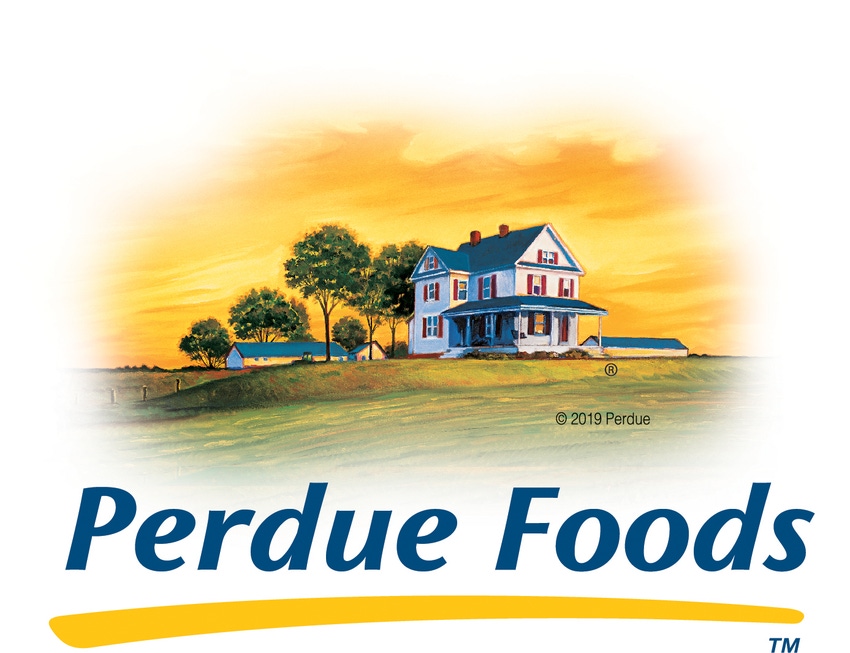Early data suggests chickens yield better taste and tenderness, and an increase in nutrients.
October 13, 2021

Perdue Farms recently announced during its 6th Annual Animal Care Summit that the company is expanding the number of chickens it will raise on pasture, making it the only large-scale producer to guarantee that poultry products with a “pasture-raised” label have spent the majority of their lives on pasture.
Starting a little after two weeks old once their feathers have filled in, the chickens are moved to fresh pasture each day using floorless, solar-powered mobile coops. These state-of-the-art practices give the animals the benefits of living on and eating from fresh pasture while protecting them from predators and severe weather, Perdue explained. They also allow for consistent and even distribution of fertilization yielding significant regenerative agriculture outcomes, increased product nutrient density, and improved welfare for the animals and farmers.
“As Perdue continuously works toward improving the way we raise animals, we are the only large producer truly raising chickens on pasture versus simply providing outdoor access. Chickens raised on pasture tend to exercise more and forage for insects, worms, seeds, and grass,” said Ryan Perdue, vice president and general manager of Perdue Farms’ Pasture Business, adding that early data suggests the chickens yield better taste and tenderness, and an increase in nutrients.
Studies show that pasture-raised poultry has less fat and saturated fat than conventionally raised chicken, 50% more Vitamin A, nearly triple the amount of Omega 3, and a host of higher micronutrients.
From an environmental perspective, Perdue said moving chickens to fresh pasture every day returns important benefits to the land including increasing soil organic matter, sequestering atmospheric carbon into the soil, and improving the soil’s water-holding capacity.
“As Perdue scales their pasture operations, there is significant potential to not only improve broiler welfare but also to have a positive, regenerative impact on the land,” said Katya Simkhovich, senior food business manager at Compassion in World Farming. “At the same time, there isn’t one clear definition for the term ‘pasture-raised.’ As pasture-raised chicken becomes more widely available, transparency from producers such as Perdue on what that really means on the farm and the development of meaningful standards will be imperative.”
The expansion of Perdue’s pasture program builds on the company’s long-standing dedication to innovation and leadership in animal husbandry. In 2016, the company announced its pioneering Commitments to Animal Care.
A video highlighting the benefits of Perdue’s pasture-raised chicken system can be found here.
During this year’s virtual Animal Care Summit, Perdue also shared key updates to the company’s animal stewardship initiatives, including on-farm hatch research, using RFID technology to track how often free-range chickens access their paddock, and the establishment of a Young Farmer Development group. The company also announced eight new animal-care initiatives for the coming year, featured a free-range and pasture-raised chicken panel discussion, and hosted live audience Q&A.
You May Also Like


.png?width=300&auto=webp&quality=80&disable=upscale)
